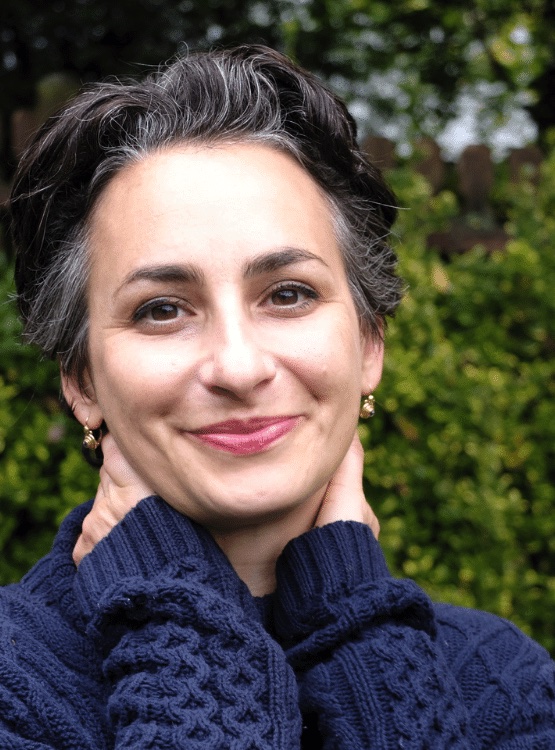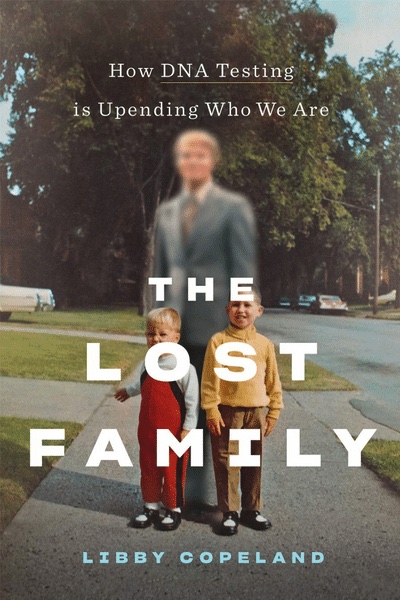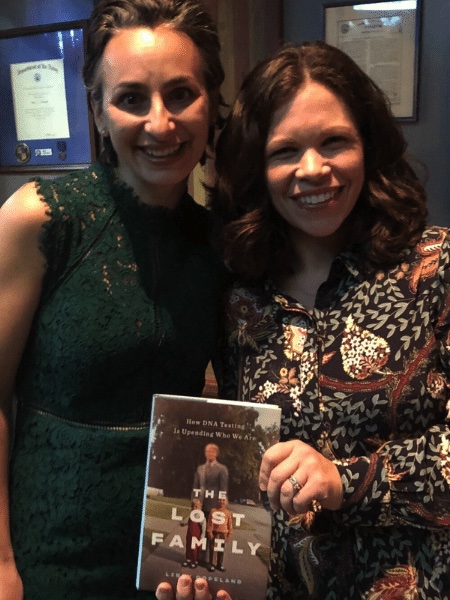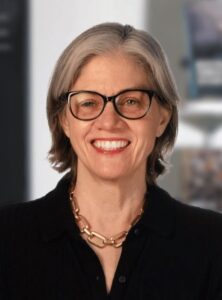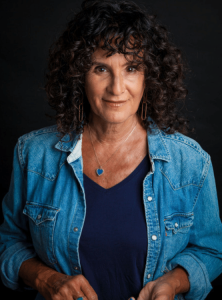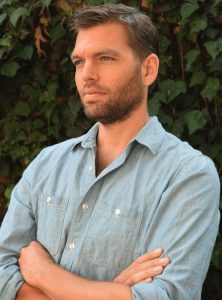Libby Copeland is an award-winning journalist who writes about science and culture for outlets including The Washington Post, The New York Times, The Atlantic and Smithsonian Magazine. Her 2020 book, The Lost Family: How DNA Testing Is Upending Who We Are, looks at the impact of the recreational DNA testing industry on the American family, and on the questions it raises about identity, race, privacy and our relationship with the past. The Lost Family has won several awards and was named to The Guardian’s list of The Best Books of 2020.
Praised by The Washington Post as science journalism that “reads like an Agatha Christie mystery,” Copeland’s book delves into the many lives that have been irrevocably changed by home DNA tests – a technology that represents the end of family secrets. Those impacted include adoptees who’ve used the tests to find their birth parents, donor-conceived adults who suddenly discover they have more than 50 siblings, hundreds of thousands of consumers who’ve discovered their fathers aren’t biologically related to them, and individuals left to grapple with their conceptions of race and identity after their true ancestral histories are discovered. As she explores the science of DNA, the business of companies like Ancestry and 23andMe, and the strong genealogical impulse gripping America right now, Copeland examines our impulse toward genetic essentialism and raises the question of how much our genes should get to tell us about who we are. The Lost Family’s central narrative is the gripping genetic detective story of a brilliant and tireless woman named Alice, whose unusual DNA results lead to a unique and stunning discovery about the past. The New York Times wrote in its review of The Lost Family, “Before you spit in that vial, read this book.”
A staff reporter and editor atThe Washington Postfor over a decade, Copeland specializes in riveting, intimate writing about what shapes our motivations, values, decision-making and identities. She has brought her insightful perspective to topics including technology, advertising, politics and psychology, interviewing celebrities, presidential candidates, murderers and con men. She was a 2010 media fellow at Stanford University and received first prize for her newspaper work from the Society of Features Journalism. Her deeply moving Esquire.com story of man who kept his wife’s body at home after she died won first place in Hearst Magazines’ Editorial Excellence Awards.An accomplished speaker, Copeland has appeared many times on MSNBC, CNN and NPR.
